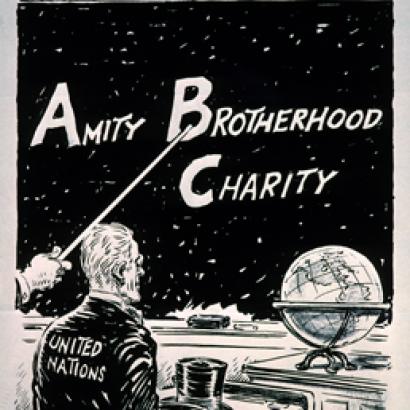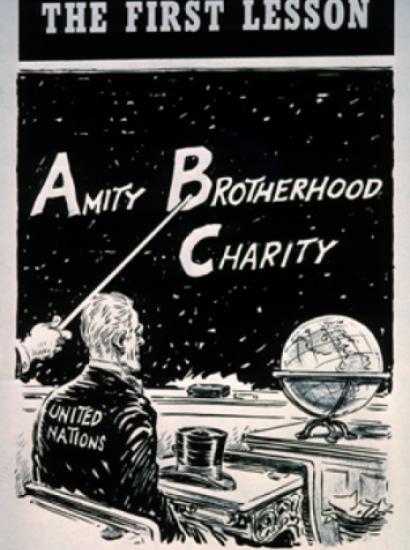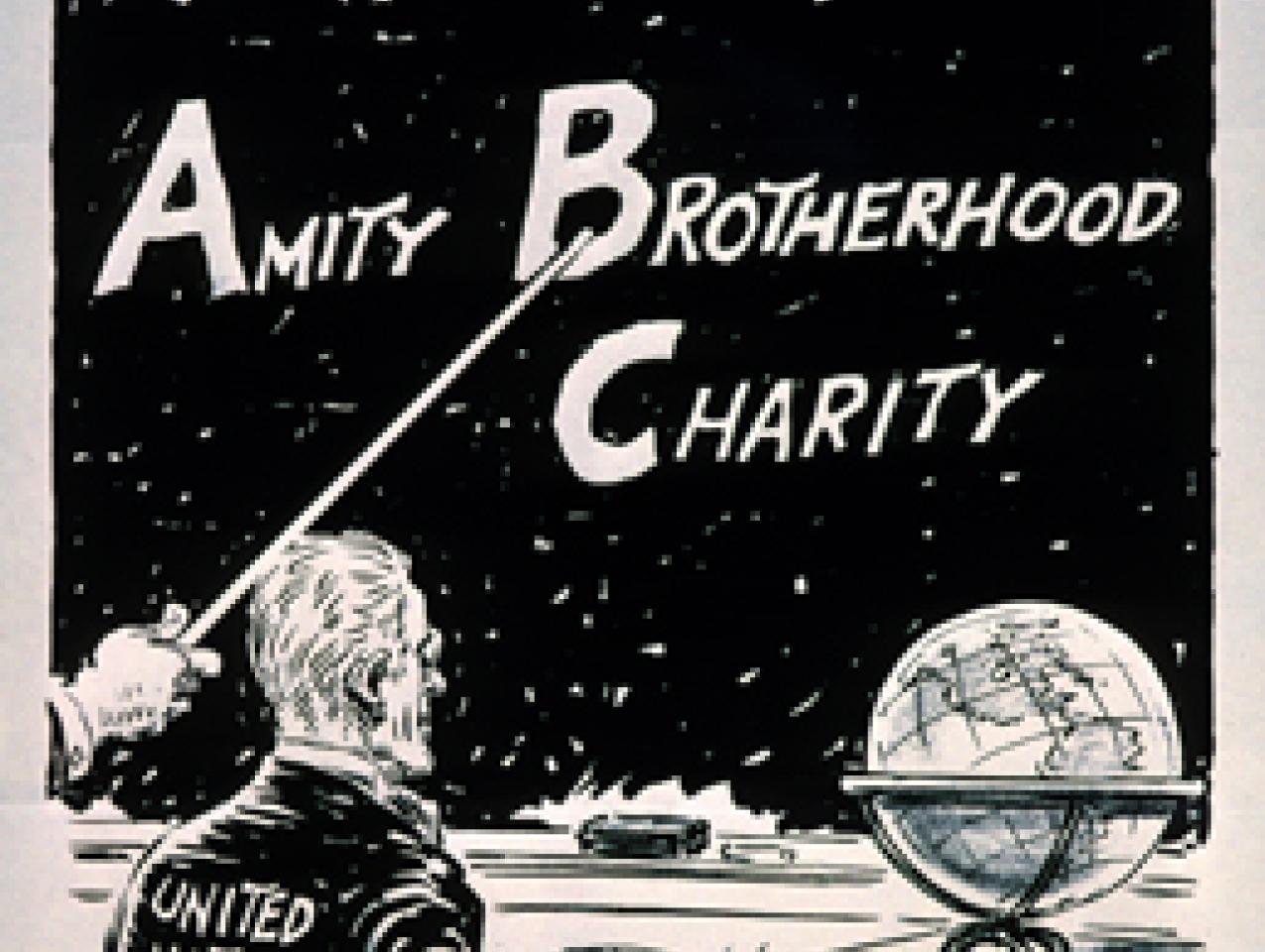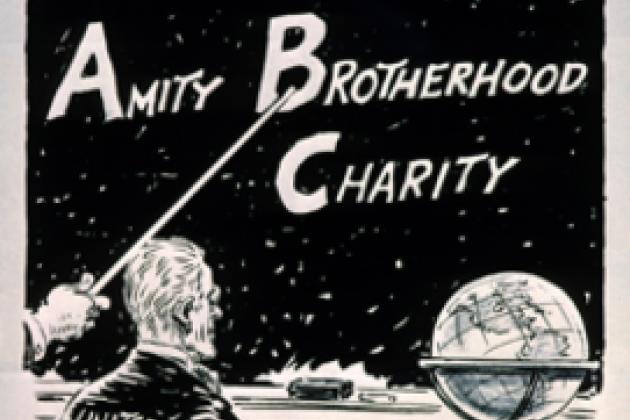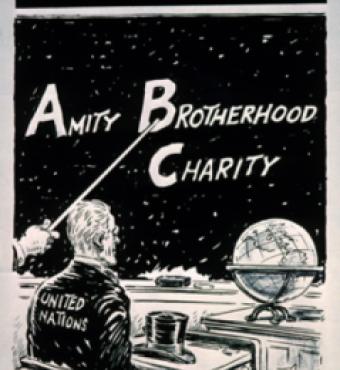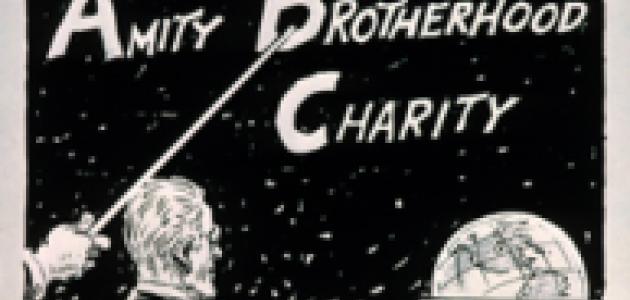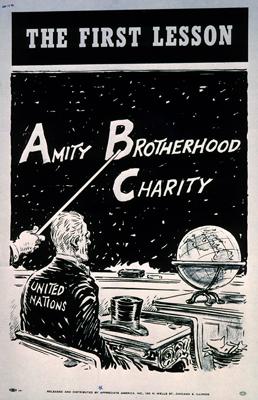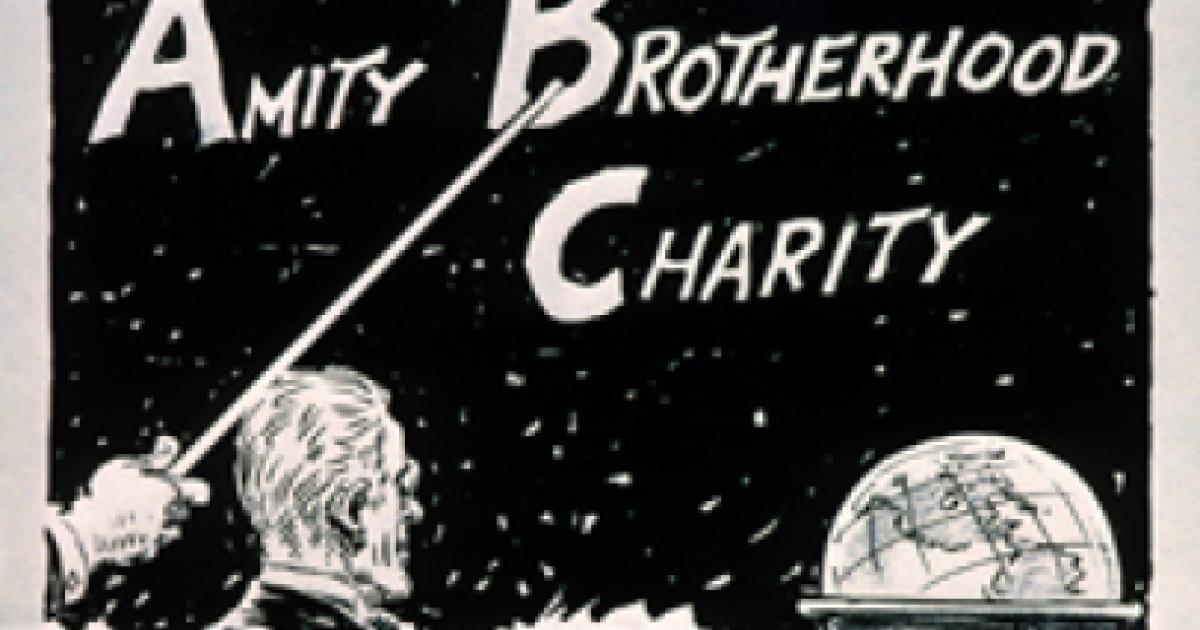- History
- Military
- Politics, Institutions, and Public Opinion
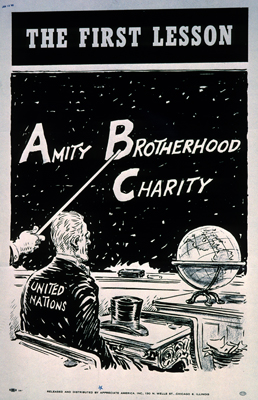
Donald Trump’s love affair with Vladimir Putin is not new. In 2007, he applauded him for “doing a great job.” In his 2011 book Time to Get Tough, he avowed his “respect.” Two years later, he wondered if Putin will be his “best new friend.” In 2015, he announced: “I think I’d get along very well with Vladimir Putin.” In return, Putin praised Trump as a “talented person.” And so it went all the way to the most recent tweet where the president-elect scorned the CIA for reporting that the Russians had tried to manipulate the election.
So the two of them will jointly run the world—beating up on ISIS first and then dividing up spheres of influence? Don’t hold your breath. And take a look at the history of a U.S.-Russian relationship where overtures have invariably turned into bitter rivalry.
Nor is this a matter of accident. The system is destiny, we might paraphrase Thucydides when he explained the outbreak of the Peloponnesian War. Athens and Sparta were the two predominant powers of their time. “What made the war inevitable,” Thucydides famously wrote, “was the growth of Athenian power and the fear which this caused in Sparta.”
The mutual admiration society of Trump and Putin will not unhinge this oldest law of international politics. Power begets fear, and fear begets rivalry. Yet all postwar presidents thought they could invalidate that law by making nice to the Kremlin.
At Yalta, Franklin D. Roosevelt told Joseph Stalin that American troops would be out of Europe within two years, counting on a satiated Soviet Union to which he had just bequeathed half of the Continent. He did not live long enough to see the folly of his dreams. Faced with Soviet expansionism, Harry S. Truman reversed demobilization and disarmament. Then he built an American-led global order Donald Trump apparently wants to dismantle.
Dwight D. Eisenhower, a believer in great-power amity, was soon disabused, too, especially when the outbreak of the Korean War seemed to presage a similar assault on Western Europe. So he stationed six U.S. divisions plus thousands of tactical nuclear weapons in Europe.
John F. Kennedy thought he could strike a deal with Nikita Khrushchev when meeting him at the summit in Vienna in 1961. Sobered, he returned to order rearmament and the dispatch of additional troops to Europe where the Soviets kept pressuring West Berlin, America’s outpost in the Soviet occupation zone. JFK realized early on that niceness suggests weakness.
Jimmy Carter, elected in a bout of post-Vietnam fatigue, tried as well. So he counseled the nation to come “free of that inordinate fear of communism.” At the end of his term, he confessed that the Soviet invasion of Afghanistan “has made a more dramatic change in my own opinion of what the Soviets’ ultimate aims are than anything they have done in the previous time.” The “Reagan Rearmament” actually began under Carter.
Most recently, Barack Obama learned how lofty intentions pave the way to geopolitical hell. His grand strategy was “self-containment,” the retraction of American power, “reset” and all. Naturally, Putin saw an irresistible temptation when Obama vacated his “red line” over Assad’s chemical weapons. With the U.S. out of the game, Russia moved into the vacuum. It is now the master of the strategic game in the Levant.
Opportunity also beckoned in Ukraine, which Obama outsourced to the Europeans. Having whittled down U.S. forces in Europe to 30,000 (one-tenth of their top Cold War strength), Obama re-deployed heavy materiel and troops by 2016.
As much as they profess love and admiration for each other, Trump and Putin are caught in the same strategic trap that Thucydides described. Superpowers may woo each other; they never marry. The only question is how quickly Trump will heed the lessons his predecessors learned the hard way. Woe to the U.S. and the world if he does not do so in very short order.







